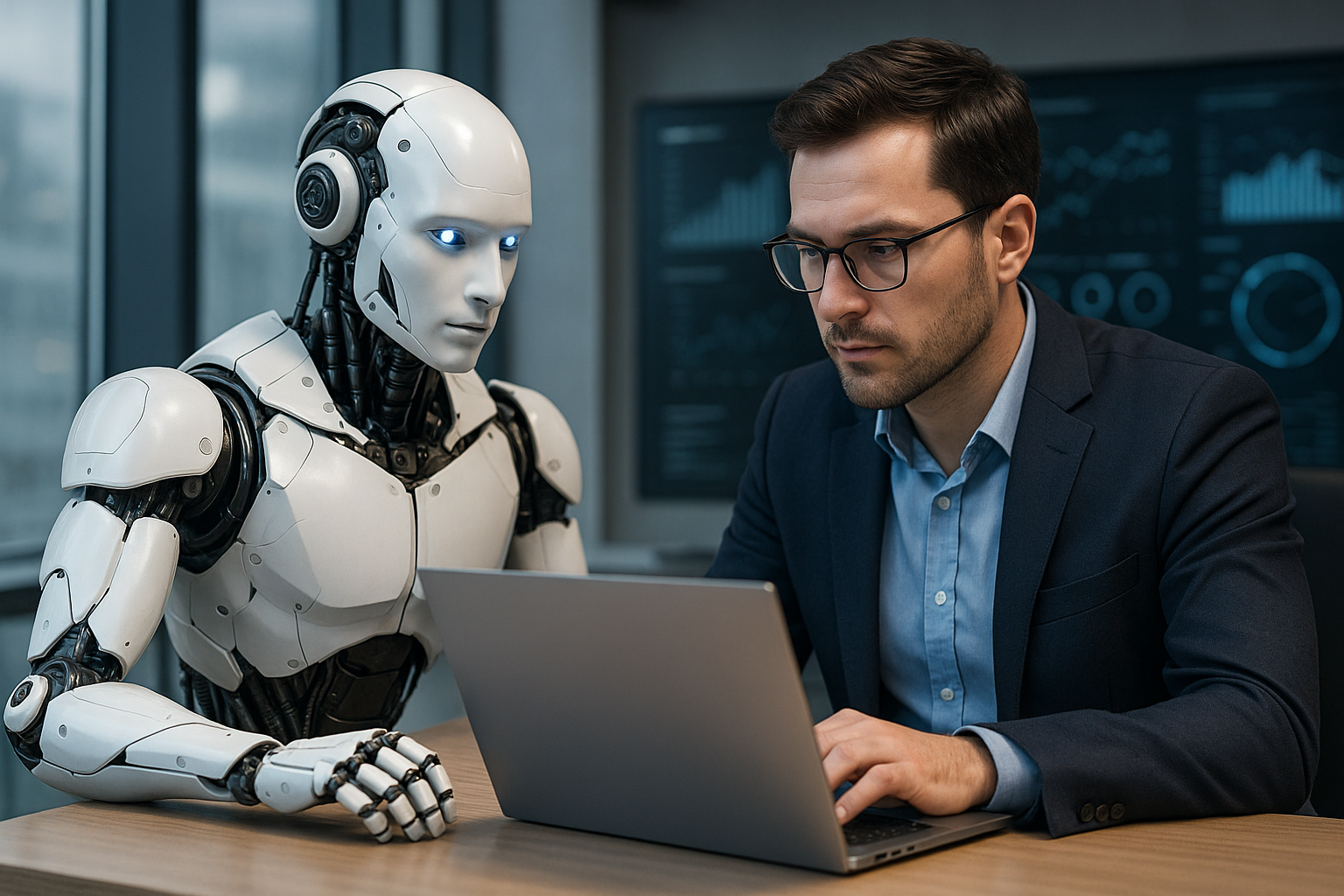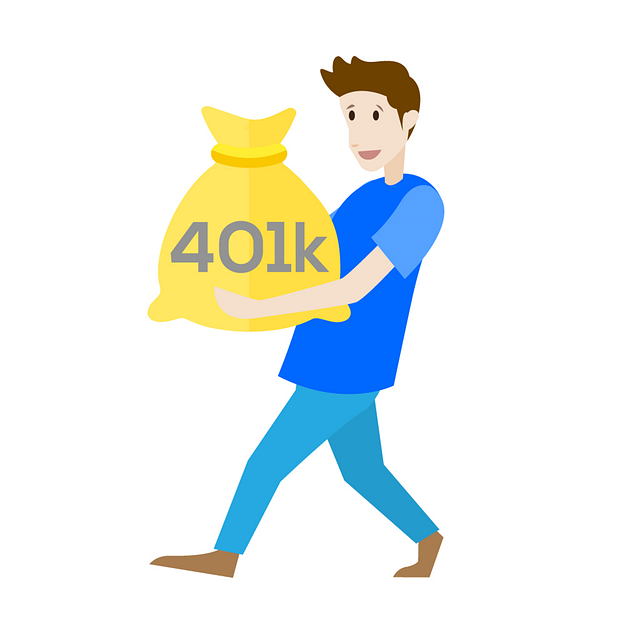How artificial intelligence will change the world
You would have been living under a rock if you did not know how artificial intelligence is set to affect jobs in 2025-2030. AI like ChatGPT seems to be stealing all of the headlines at the moment, Google unveiled new AI software to build presentations, analyze and enter data, and write content, and there are so many more AI tools like Gamma and Numerous AI. Those that are resisting, rather than riding the crest of the wave will not be making hay whilst the sun shines when it comes to landing in-demand jobs in the next 6 years and enjoying job growth. AI will be taking some jobs, but it will be creating new ones!

How Will AI Affect Traditional Jobs?
The impact of AI on existing jobs is becoming increasingly apparent. While some roles face automation risks, others are being enhanced rather than replaced. Administrative tasks, data entry, and basic content creation are seeing significant AI integration. However, jobs requiring complex decision-making, emotional intelligence, and creative problem-solving remain largely human-driven. This transformation is leading to a hybrid workplace where AI tools augment human capabilities rather than completely replacing workers.
Which AI Tools Are Transforming the Workplace?
Modern workplaces are adopting various AI tools to increase productivity and efficiency. ChatGPT has revolutionized content creation and customer service. Google’s AI suite helps with data analysis and presentation creation, while specialized tools like Gamma assist with complex visualization tasks. These tools are becoming essential for workplace efficiency, requiring professionals to develop new skills in AI tool utilization and management.
What Jobs Will AI Replace in the Near Future?
Certain professions face higher risks of AI displacement, particularly those involving routine, repetitive tasks. Data entry clerks, basic accounting functions, and simple customer service roles may see significant automation. However, this transition isn’t immediate or complete. Many roles will evolve to include AI supervision and optimization, creating new positions for those willing to adapt and upskill.
Which Careers Will Thrive in the AI Era?
The AI revolution is creating numerous new career opportunities. AI specialists, machine learning engineers, and data scientists are in high demand. Additionally, roles focusing on AI ethics, digital transformation, and human-AI interaction are emerging. These positions often command competitive salaries and offer strong growth potential.
How Is ChatGPT Impacting Professional Roles?
ChatGPT and similar language models are revolutionizing various professional fields. Content creation, customer service, and basic programming tasks are being transformed by these tools. However, successful professionals are learning to use ChatGPT as a complementary tool rather than viewing it as a replacement, focusing on high-level strategy and creative direction while utilizing AI for routine tasks.
Current AI-Related Career Opportunities and Salaries
| Position | Average Annual Salary (USD) | Growth Potential |
|---|---|---|
| AI Engineer | 120,000 - 160,000 | High |
| Machine Learning Specialist | 100,000 - 150,000 | Very High |
| AI Ethics Officer | 90,000 - 130,000 | Moderate |
| AI Project Manager | 110,000 - 140,000 | High |
| Data Scientist | 95,000 - 145,000 | Very High |
Prices, rates, or cost estimates mentioned in this article are based on the latest available information but may change over time. Independent research is advised before making financial decisions.
The future of work with AI is not about replacement but transformation. While some traditional roles will evolve or disappear, new opportunities are emerging for those who embrace AI technologies and develop complementary skills. Success in this new era requires adaptability, continuous learning, and the ability to work alongside AI tools while focusing on uniquely human capabilities like creativity, emotional intelligence, and strategic thinking.




